HP Personal Systems President Coughlin On Why Competitors Have 'Sub-Par' Security And Why Apple Is Ceding Ground In Premium
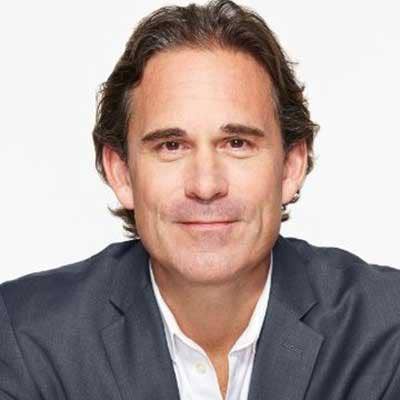
Coughlin On The Record
Channel partners working with HP Inc. have plenty to be excited about in 2018 when it comes to the PC business, according to HP Personal Systems President Ron Coughlin. HP has seen double-digit revenue growth in its personal systems business for each of the past four quarters. And "we see strong momentum" exiting 2017 and heading into this year, Coughlin said in an interview with CRN at CES 2018 in Las Vegas, where HP unveiled several new PC products. Fueling the PC growth is top-notch design that is rivaling that of competitors such as Apple, along with a focus on security that is second to none, Coughlin said. "We listen to our customers, we listen to what they want, we listen to their unmet needs. And we turn those into products," he said.
Coughlin spoke with CRN on a range of topics including partner opportunities around Device-as-a-Service and premium devices, the Spectre and Meltdown processor vulnerabilities, and rivaling Apple at customer satisfaction. What follows is a portion of the conversation.

What might be different this year in HP's personal systems business?
I'd like it to be more of the same. We had a phenomenal 2017. We grew the business 11 percent. In Q4 we exited with 14 percent revenue growth. We gained share within 2017 -- we took No. 1 overall on PCs in the spring, we took No. 1 in consumer in the fall, we took No. 1 in workstations in the fall. That's on the back of already being No. 1 from a commercial standpoint. So from a top-line growth standpoint it was a good year, from a share standpoint it was a good year. And we took a lot of commodity costs in 2017, and we were able to offset over $1 billion in cost working with partners to take pricing. And the good news is that demand didn't suffer because of that. All of that's really enabled by innovation, [our] amazing innovation in 2017. It was a year full of innovation that generated fantastic results. Our game plan for 2018 doesn't look that different -- understand our customers better than anybody else, innovate powerfully, and execute like hell.
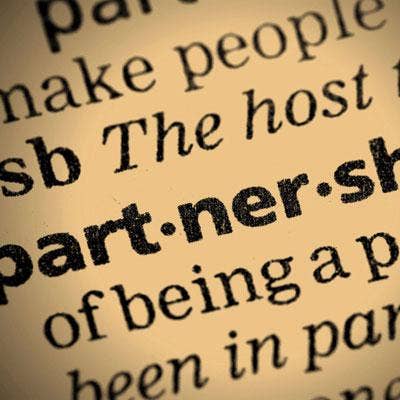
How were channel partners crucial in your 2017 personal systems growth?
Over 80 percent of our business goes through channel partners, so none of those numbers would've been successful without our channel partners. And they had commensurate fantastic results. We're only successful because we're successful with our channel partners. They were successful in driving our core business, they were successful in moving our business up to more premium devices like workstations and premium PCs. And importantly, [on] our growth vectors -- things like displays and accessories, things like PC-as-a-Service, Device-as-a-Service. We really started getting some momentum as we exited the year.

Can you tell me more about the momentum with Device-as-a-Service?
Our primary go-to-market is through the channel. That is very difficult to do because basically you have to build an infrastructure that can flex to what one partner needs, which is different from what another partner needs, which is different from another partner. We're the only company that's done that before. We did it with channel management services. It is extremely difficult to do, but we're up and running with multiple partners, pitching deals and winning deals as we speak. The market is going to shift to Device-as-a-Service -- we're convinced of it. And we think we can lead because of the infrastructure we have in management services, because of our channel enablement, and because of our tool set to provide advanced analytics against these device environments.

In terms of the double-digit growth for the past four quarters in the personal systems business, are you able to keep up that pace through 2018?
We averaged 11 percent [growth] for fiscal 2017, which ended Oct. 31. In Q4 we grew actually 14 percent, so we came out with even more momentum toward the end of the year. We see strong momentum coming out of the box in Q1, and we're just going to fight for as much business as we possibly can, where we add customer value, shareholder value and value to our partners.
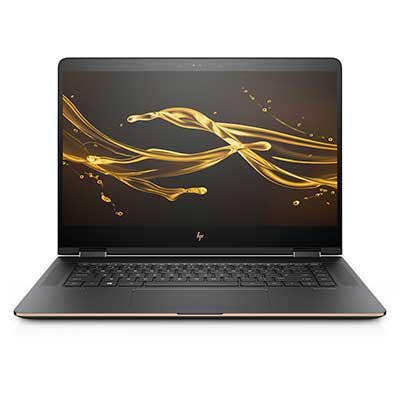
What are the biggest opportunities for partners this year?
First, more premium PCs -- whether those be workstations, whether those be premium devices. More premium PCs would be No. 1. No. 2 [would be] leading the shift to Device-as-a-Service. The market's going to shift, and the companies that are best positioned are going to win this shift. Fortunes get changed in transition points. And if I was a channel partner, I'd want to position myself in Device-as-a-Service. It's stickier, it's recurring revenue, and you can add on accessories and other services, etc. And then some of the things we're talking about here at CES, [such as] 3-D scanning. We announced a new 3-D scanner, and we've already won two awards with our Z 3-D scanner. And [also], commercial VR. Early days for both of those, but they are absolutely markets that are going to happen. And we're providing technologies and would like to partner with our channel partners to go explore those opportunities.
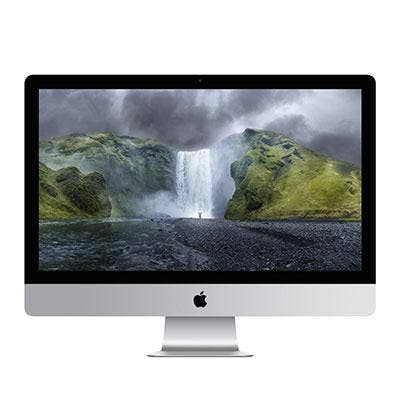
How would you contrast HP's innovation in its personal systems lineup over the last year with Apple's innovation in Mac?
I look at share over the last two years -- we're up four share points in premium, they've declined in share from a premium standpoint. If you look at Net Promoter Score, they were always king of the hill. We've now met them on premium notebook Net Promoter Score, and we've exceeded them on premium desktop Net Promoter Score. At the most fundamental level, we listen to our customers. If 40 percent of customers prefer a convertible, guess what, we're going to provide a convertible. If touch is preferred on a PC, we're going to provide a full screen of touch, not just a touch bar of it. We listen to our customers, and we turn that into powerful products.
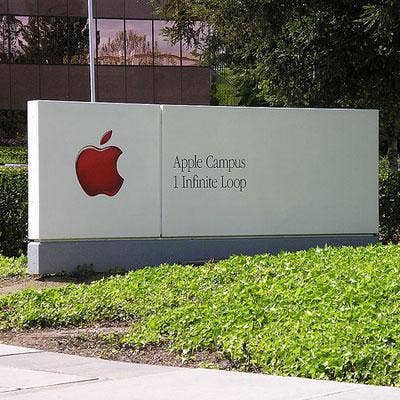
You feel like Apple doesn't listen to its customers?
They've had a legacy of believing they know what customers want or providing what customers couldn't have imagined. We're much more modest. We listen to our customers, we listen to what they want, we listen to their unmet needs. And we turn those into products. For instance, if you're on a plane and you have confidential information [on your laptop] -- or you don't want to expose your "Bachelor" fascination -- someone's going to be able to look over your shoulder. It's called visual hacking, and 90 percent of the time it's successful. So we put in Sure View, the world's only built-in privacy screen. That's a customer insight that fed into engineering and design on how we can solve that customer problem.
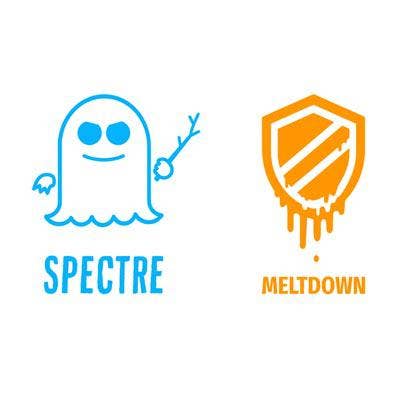
What are your top takeaways from the Spectre and Meltdown situation?
The first is, you need to look in every nook and cranny of everything you do -- redouble your efforts to make sure there are no vulnerabilities, that there's nothing that you're doing that could compromise the security of consumers' or corporations' information. And the need to do so, and the scrutiny, is higher than ever. Because what's happened is not only are there vulnerabilities, but folks are publicizing those vulnerabilities -- which makes them even more vulnerable. So we need to redouble our efforts. The second thing is, as our security team tells me all the time, the reality is that vulnerabilities are going to happen. So, how do you react quickly and shut them down as fast as possible? And I think the industry's come together very well across Intel, Microsoft and the OEMs to create those patches.

Because of HP's focus on security, is there anything that makes HP systems more resilient in this situation?
HP lawyers have authorized us to say that HP PCs are "the most secure PCs on the planet." So, there must be a foundation to that. And if you go across it, first, we're the only ones that do our own BIOS. And we have tools like HP Sure Start, that if your BIOS gets compromised, we're the only ones that can bring that BIOS back up. We're the only ones that containerize your web activity. So if you click on a link with malware -- which is where a lot of these intrusions happen -- we're the only ones that containerize it so it doesn't infect your system and the company's systems. We're the only ones with Sure Click for [preventing] malware. We're the only ones with Sure View. So we have a proprietary stack of security. We take it really seriously. So I think that the most important headline on that is, a company's PC decision is a security decision. And if they don't buy HP, they're buying a sub-par security solution.

What can you say about whether HP is looking to ramp up what partners are able to get on margin for personal systems?
Our strategy is good for HP margins and it's good for channel partners' margins. The areas where we're focused -- whether it's premium PCs or premium gaming and workstations, whether it's displays and accessories, whether it's PC-as-a-Service -- it is all growth rate and margin rate accretive for our partners. So our strategy is moving toward higher-margin segments. That's why we're looking to the partners to lead because it's good for their business as well.